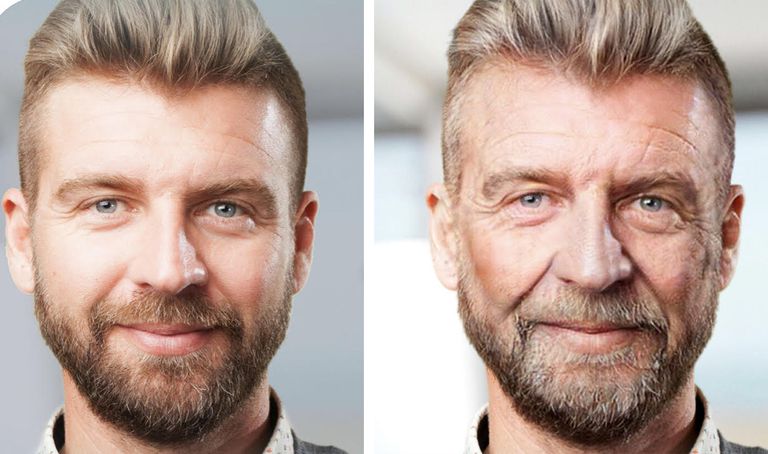Augusta University has more than 80 experts on hand to help reporters cover a variety of topics. Here are some trending stories to consider this week:
Don’t fall into the FaceApp trap
You can’t avoid it … friends, family members and even celebrities are posting images of what they’ll supposedly look like as they age gracefully into the future. It’s done with a new downloadable app, FaceApp, and it seems harmless enough until you read the fine print.
According to the terms of use, users grant FaceApp “a perpetual, irrevocable, nonexclusive, royalty-free, worldwide, fully-paid, transferable sub-licensable license to use, reproduce, modify, adapt, publish, translate, create derivative works from, distribute, publicly perform and display your User Content and any name, username or likeness provided in connection with your User Content in all media formats and channels now known or later developed, without compensation to you.”
Those same terms also severely limit the legal action users can take against the company. For the more than 100 million people who have already used FaceApp, there are a few questions to be asked:
- Is this standard for downloadable apps or are these terms a new trend?
- What could FaceApp actually use this data for and what value does it hold?
- What are the concerns about privacy and protection of personal information?
- Is there a real reason to worry and can lawmakers take any recourse?
Sarah Rees is the director of Augusta University’s Cyber Workforce Academy and she is an expert in the areas of cyber security and information protection. She’s available to speak to media regarding FaceApp and its terms of use.
Narrowing the crowd of presidential candidates
To date, there are 25 registered and “serious” candidates vying to lead the Democratic Party in the 2020 election against President Donald Trump. To put it in perspective: If this were an NFL game, you’d have a full field and still three players left watching and waiting on the sidelines for their chance to touch the ball.
On July 30 and 31, CNN will host two debates to try and introduce all these candidates to a national audience. Screen time will be limited and opportunities must be seized. And next week, some will have to accept the reality that they just won’t be president.
- What will it take to emerge from the pack?
- Of the more popular candidates, who is at risk of losing relevance?
- Is there a dark horse who could upset the usual suspects?
Dr. Gregg R. Murray, professor of political science at Augusta University, is available to talk about the current race to lead the DNC. Murray’s research focuses on political behavior and psychology with specific interests in voter mobilization and turnout. He is also executive director of the Association for Politics and the Life Sciences.
Learn the benefits of cord blood transplantation
July is Cord Blood Awareness Month. In the simplest terms, cord blood is found in the blood vessels of the placenta and the umbilical cord and collected after a baby is born and after the umbilical cord is cut.
Cord blood transplantation can be used in the treatment of leukemia and other blood disorders, sickle cell disease, bone marrow failure diseases, immune deficiency diseases, neuroblastoma and more.
The benefits of cord blood transplantation are many, according to the Human Cord Blood Stem Cell Core Laboratory at Augusta University:
- Can be stored for personal use (biological insurance) or donated for others to use
- Important for ethnic minorities for whom bone marrow donors are difficult to locate
- Less stringent HLA-matching required for use in transplantation
- Less risk of infectious disease contamination
- Fewer side-effects after transplantation
- Cord blood and stem cell research are often in the news and sometimes even the subject of serious debate. That’s where our experts can help.
Dr. Jatinder Bhatia is an expert on infant nutrition, neonatology, and ECMO for the Medical College of Georgia at Augusta University. Dr. Bhatia is available to speak with media regarding cord blood, its uses and the research behind it.
Contact our experts directly by clicking on the names above, or call 706-522-3023 to schedule an interview on any of these topics. Also, check out the Augusta University Expert Center to view a complete list of our experts.
View photos of this week’s experts.
 Augusta University
Augusta University




